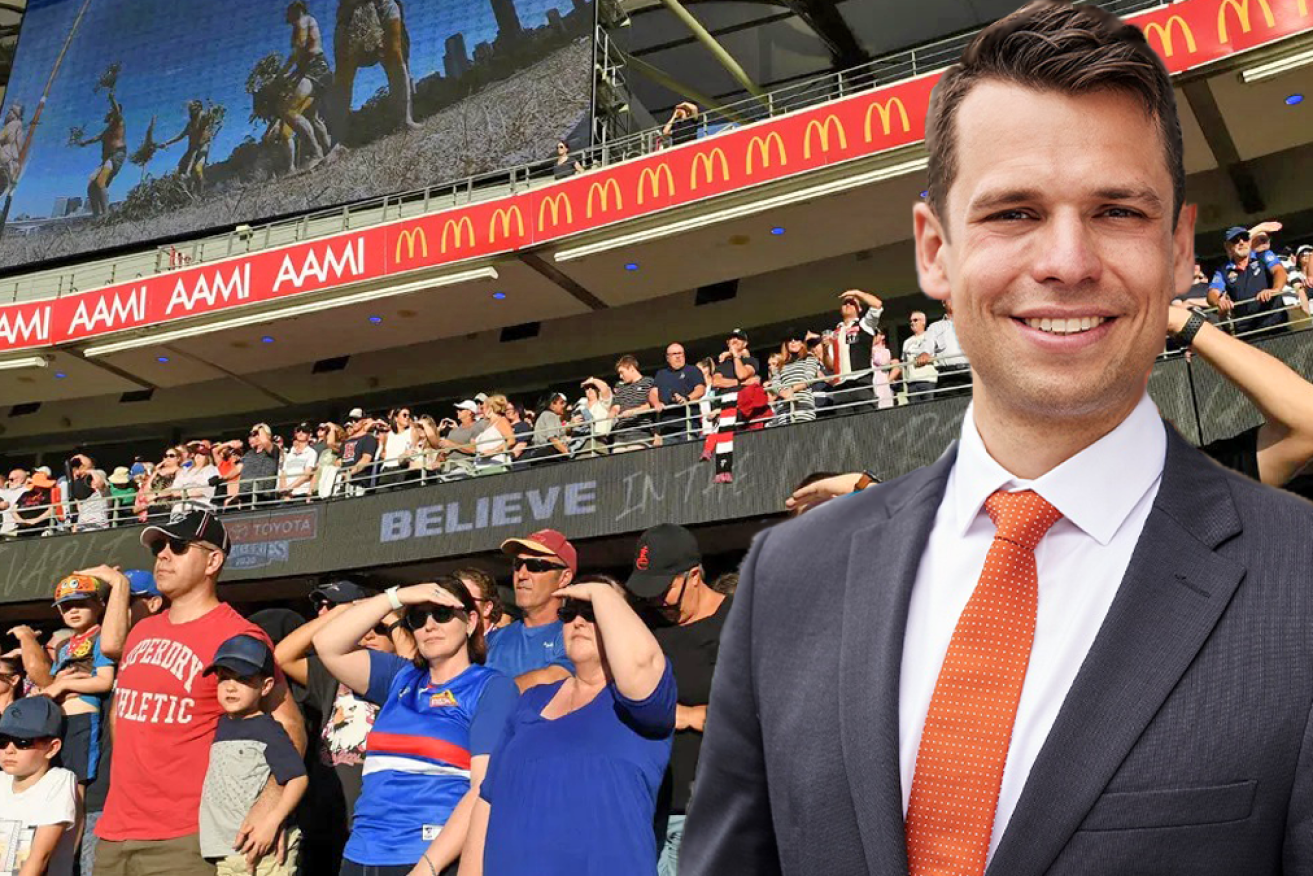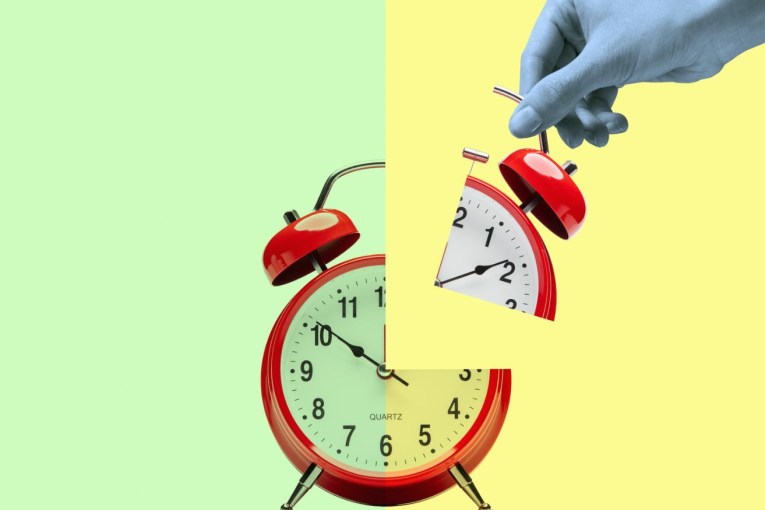The Stats Guy: Spectator sports couldn’t be more important for Australia’s social cohesion


In their own humble way, sport fans are adding a tiny bit of social glue to society. Photo: TND/Getty
Let’s talk about the benefits of sports.
You of course know that you should exercise regularly – go for a swim, hit the gym, do some yoga. The health benefits are immense. We also want you to be active in your day-to-day life, to walk, to cycle, or to spend some time gardening.
These physical activities are good for you as an individual, and by extension they are good for society and the public coffers as a healthy population is cheaper to manage than an unhealthy one.
Today we will not be discussing these obvious benefits of sports; rather, we will discuss the importance of sports for the functioning of society.
Erosion of the middle-class
I described in my very first column for The New Daily that the Australian middle-class has been steadily eroding over the last few decades.
In the past, say the 1970s, the big middle-class was in reach for hard-working people from the lower-class. Work hard, put money aside, don’t live above your means, get a qualification and the door to the middle-class is wide open for you.
The lower-class aspired to be part of the middle-class and associated positive feelings with it. While the upper-class might have looked down upon on the lower-class they didn’t look down on the middle-class because many upper-class members had parents who were part of the middle-class. The sizeable middle-class acted as social glue, allowed for social cohesion.
Today, our tiny middle-class (see Skill Level 3 in the chart below) can’t fulfil this function anymore, it can’t act as social glue anymore.
Death (and diversification) of God
We also can’t bet on religion to hold society together anymore.
Fewer Australians than ever self-identity as religious in the Census. In 2011 just under 25 per cent of the population claimed to have no religious affiliation. A decade later this number has risen to 42 per cent.
The ever-shrinking pool of believers is becoming increasingly diverse.
In 2011, 88 per cent of believers followed a Christian tradition. By 2021, only 78 per cent of believers were Christians. The diversity in the faith pool suggest we are a tolerant society, but it’s hardly conducive for social cohesion.
The relatively monotonous religious landscape of days gone by was great for social cohesion. Everyone sat in the same pews, listened to the same shared myths (or truths – depending on who you ask), and was one under God.
Shared myths on the silver screen?
We must increasingly get our social cohesion, our shared myths, from elsewhere.
Maybe from the silver screen? If you quote a blockbuster movie from the 1970s (Star Wars, Grease), 1980s (E.T., Dirty Dancing), or 1990s (Titanic, The Matrix), most people of a certain age will understand the references.
A large share of the population will have seen these movies and they provide a shared cultural reference point even though they are all products of Hollywood.
Beginning in the 2000s these shared cultural reference points become increasingly rare.
Occasionally, a big hit like Harry Potter or Lord of the Rings came along, but despite bringing in more money in the box office these movies were seen by a smaller share of the growing population.
Cable-TV and the Internet ensured that we watched an increasingly diverse range of movies and TV shows. Artistically that might’ve been a win, but society lost yet another thing to bond over.
What social glue is left?
In a sense, the COVID lockdowns provided a shared experience. People from all classes and backgrounds can complain and bond over the shared misery they lived through.
Since it’s hardly a good idea to promote shared misery as a permanent solution to improve social cohesion we must continue our search for social glue. This is when we arrive at spectator sports.
Australia has more cultural myths surrounding sporting figures than many other nations.
Phar Lap, Cathy Freeman, Steven Bradbury, Ian Thorpe, Ash Barty, Donald Bradman, Dylan Alcott.
The sheer mention of these names lets you remember iconic Australian moments. The fact that you are angry about omissions in my list (No AFL! No rugby! No Warney!) shows just how important and present past sporting success stories are for the Australian collective psyche.
Sport is great. As a young kid you get assigned a sporting team to barrack for. This team will now provide you with joy (if you were gifted the right scarf in primary school) or misery for the rest of your days.
More importantly, there is a big cross section of society that was gifted the same scarf when they were young, and you now have something in common with these people who come from different backgrounds than you.
Sports must be accessible to the public to act as social glue. Big sporting events on Pay TV limit the audience by excluding the poorest viewers and robbing them of a chance to participate in a bonding event.
It’s crucial that major sports events are shown on free-to-air TV (or free streaming services) Otherwise its hard for sport to catch the attention of the whole nation.
To have a constant supply of national sporting heroes ready to go we need adequate sporting infrastructure in place. Not just cool stadiums to watch the athletes compete in but footy ovals and public swimming pools to get kids engaged in sports early on.
Funding for elite athlete training programs is also crucial to lift promising talents to new heights. There is a huge network of infrastructure, public subsidies, volunteers, and sponsorships that creates the athletes the nation wants to see. This network is more important for society as a whole than we might realise at first glance.
So, as you watch the AFL or NFL finals, crack open a beer during a Test match, cheer for the Matildas, or tune into the Olympics, remember that you are in your own humble way adding a tiny bit of social glue to society.
The shared experience of celebrating the same athletes is more important than ever.
Demographer Simon Kuestenmacher is a co-founder of The Demographics Group. His columns, media commentary and public speaking focus on current socio-demographic trends and how these impact Australia. Follow Simon on Twitter, Facebook, LinkedIn for daily data insights in short format.








